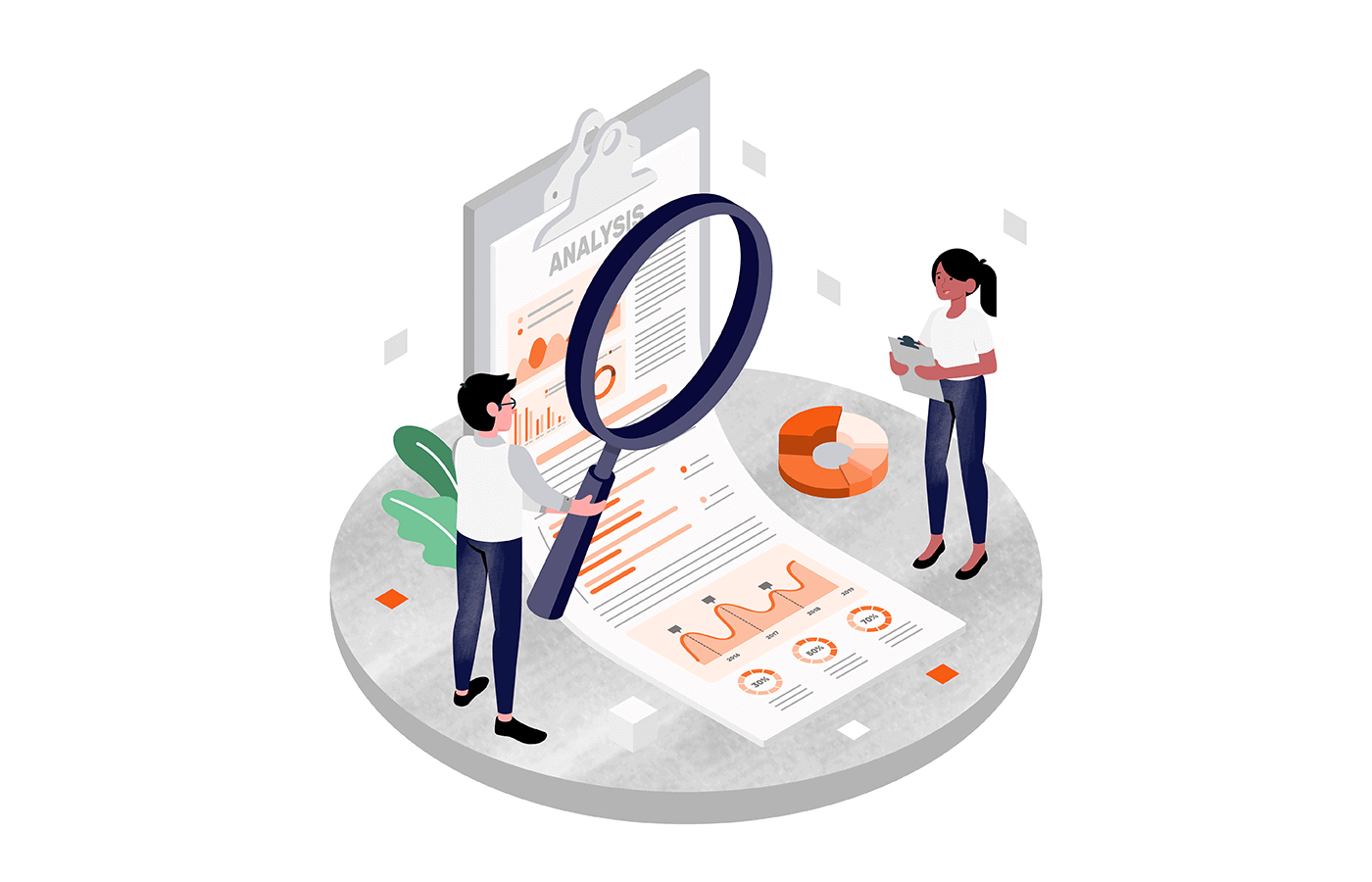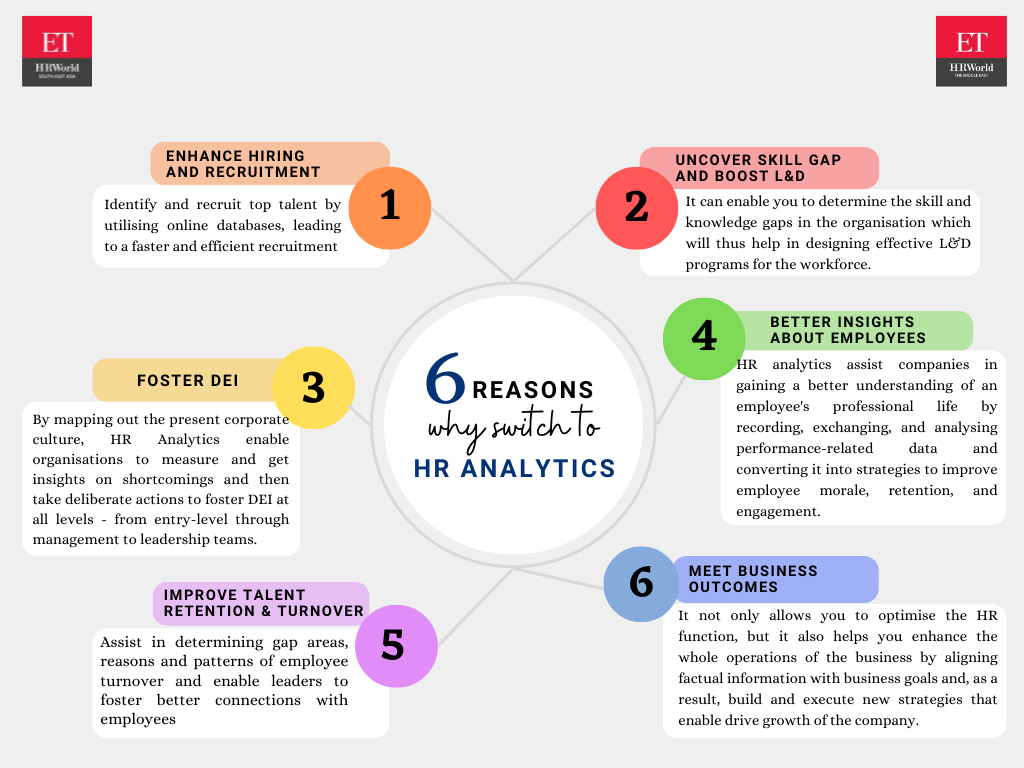Make The Most Of Development: Exactly How Analytics Drive Better Methods
By taking advantage of information understandings, companies can refine their operational techniques, anticipate market changes, and improve consumer engagement. The challenge lies not just in gathering information yet in efficiently analyzing it to drive concrete results.
Recognizing Information Analytics
Information analytics is a systematic computational analysis of data that allows companies to reveal meaningful patterns and insights. This process includes a range of methods, consisting of statistical analysis, anticipating modeling, and information mining, which jointly intend to transform raw data into workable details - Analytics. By using these approaches, organizations can make educated decisions that are rooted in empirical proof instead of intuition alone
The foundation of data analytics hinges on its capability to take care of substantial quantities of details from varied sources. This includes structured information, such as data sources, and unstructured information, including social media interactions and consumer responses. Through the use of specialized software and devices, experts can extract and process this data efficiently, recognizing patterns and correlations that might not be immediately noticeable.
Recognizing data analytics likewise includes recognizing the relevance of data top quality and honesty. Accurate and dependable data is crucial for significant analysis; hence, organizations must carry out durable information governance methods. Additionally, the repetitive nature of analytics permits continuous improvement and improvement of approaches, making sure that companies remain active in the face of changing market characteristics and consumer actions.
Key Benefits of Analytics

Among the key advantages of analytics is its ability to offer actionable insights. Organizations can rapidly assess huge quantities of information, uncovering patterns that might not be immediately apparent. This helps in anticipating market shifts and adjusting strategies accordingly. Additionally, analytics fosters a society of evidence-based decision-making, lowering reliance on intuition and guesswork.
One more significant benefit is boosted customer understanding. Analytics devices make it possible for services to section their target market, track customer habits, and customize marketing initiatives. This targeted strategy not just enhances customer involvement however likewise drives higher conversion rates.

Implementing Analytics Strategies
To completely realize the advantages of analytics, organizations need to adopt structured methods for implementation. This begins with plainly defining purposes that align with wider organization goals. By developing specific, measurable results, companies can concentrate their analytics efforts on locations that yield the highest roi.
Following, companies should focus on information administration to guarantee the stability and protection of the data being examined. This entails establishing protocols for data collection, storage, and accessibility while sticking to appropriate regulations. Ensuring top quality data is essential for creating purposeful understandings.
Moreover, fostering a culture of data-driven decision-making Learn More is important. This needs training from this source workers to translate analytics searchings for and motivating collaboration throughout divisions. They are extra most likely to incorporate understandings into their daily procedures. when teams comprehend the value of analytics.
Lastly, organizations must routinely review and refine their analytics strategies. The landscape of information and innovation is consistently evolving, and remaining versatile will permit companies to leverage new devices and methods properly. By implementing these organized approaches, organizations can take full advantage of the impact of their analytics campaigns and drive lasting development.
Tools for Effective Evaluation
Efficient evaluation depends on a variety of devices that help with the removal of understandings from data - Analytics. These devices can range from easy spreadsheet applications to sophisticated equipment discovering systems, each serving an unique objective in the analytical procedure
Data visualization software program, such as Tableau and Power BI, plays a vital duty in transforming complicated datasets right into understandable graphical depictions. These devices enable analysts to recognize patterns and patterns promptly, permitting more educated decision-making.
Analytical analysis software, like R and SAS, uses innovative capabilities for conducting in-depth analyses, consisting of regression, theory screening, and anticipating modeling - Analytics. These features equip companies to draw significant verdicts from their information, recognizing possible possibilities and dangers
Additionally, database administration systems such as SQL and NoSQL databases supply the required infrastructure for saving and inquiring large volumes of information successfully. They guarantee see this site that data is organized and easily accessible for analysis.
Lastly, company knowledge systems incorporate numerous information resources, supplying an extensive sight of organizational efficiency. By making use of these tools effectively, businesses can enhance their logical capacities, enabling them to establish methods that make the most of growth and improve total performance.
Study of Success
Successful companies frequently utilize information analytics to drive impactful methods, as shown by several notable instance research studies. One famous example is Netflix, which makes use of sophisticated algorithms to analyze audience preferences and behavior. By utilizing these insights, Netflix has actually effectively tailored its material suggestions, resulting in boosted customer engagement and client retention. Their data-driven technique has actually unquestionably added to their status as a leading streaming solution.

Additionally, Starbucks employs information analytics to establish ideal store places and fine-tune its product offerings. By taking a look at client demographics and buying patterns, Starbucks effectively determines high-potential markets and tailors its food selection to neighborhood tastes, driving sales and consumer loyalty.
These study show that efficient utilization of information analytics can lead to tactical advantages, cultivating innovation and development within companies across numerous markets.
Verdict
In verdict, the integration of analytics right into business methods substantially boosts decision-making procedures and fosters sustainable development. The effective execution of analytics tools better sustains agility and advancement, allowing companies to browse competitive landscapes with higher accuracy.
Data analytics is an organized computational analysis of data that enables organizations to reveal significant patterns and understandings.Comprehending information analytics also includes acknowledging the importance of data high quality and stability. Accurate and reliable information is vital for meaningful evaluation; thus, organizations should carry out durable data governance practices.Following, organizations must focus on information governance to ensure the stability and protection of the information being analyzed.Successful companies typically leverage data analytics to drive impactful methods, as confirmed by a number of noteworthy situation research studies.